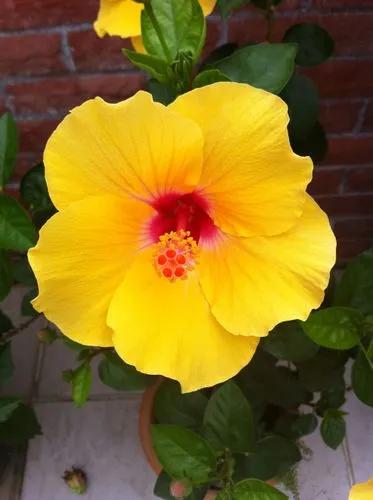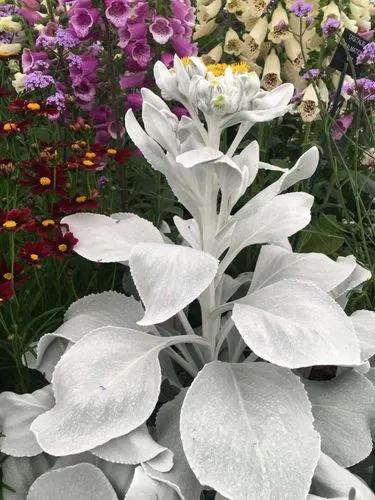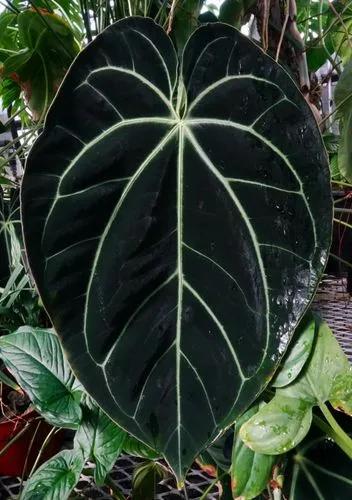Native to Asia and Thailand, Hoya Nummularioides is a beautiful plant with enticing features. It has verdant green leaves, and despite their robust appearance, they are very fuzzy to touch. It grows in gorgeous vines and has bundles of tiny flowers in between. Unlike some other plants, it does not require direct sunlight, daily watering, or repotting every few months.
Hoya Nummularioides Care
Hoya Nummularioides



How to Care for the Plant

Water

You should also water regularly in the growth phase and sparingly when it is mature.

Pruning

As this plant has thick leaves that, more or less, self-sustain their shape and texture, you do not have to prune it regularly. The vines are also supposed to grow long, and you can witness this if you use a hanging basket.

Fertilizer

For optimum growth, the use of fertilizer after every few months would be beneficial.

Sunlight

As they grow in trailing and climbing vines, Hoya Nummularioides often find themselves in places that offer the best sunlight. I have discovered that they are more pleased near good light sources, but direct sunlight can be harmful.
Placing them in direct sunlight causes heat stress symptoms like floppy leaves that most people try to undo by over-watering their plant.
It is never the right approach because an excess of both water and sunlight is distressing for Hoya Nummularioides.

Soil

However, keeping it in well-drained soil with a suitable substrate like sphagnum or peat moss would be best for a healthy result.

Temperature

The optimum temperature range for this plant is between 65 to 90 degrees Fahrenheit. (18.3 to 32.2 degrees Celsius). You do not want to leave this plant without shade in the summer months, especially if you reside in a hot climate.

Additional

Non-Toxic to Dogs, Non-Toxic to Cats Hoya nummularioides is a vining epiphytic plant in the dogbane family Apocynaceae. It has attractive waxy foliage and produces sweetly scented flowers. Native to Thailand and eastern Asia, it makes an easy houseplant, ideally suited for pots or a hanging basket.

Popularity

49 people already have this plant 14 people have added this plant to their wishlists
Discover more plants with the list below
Popular articles






